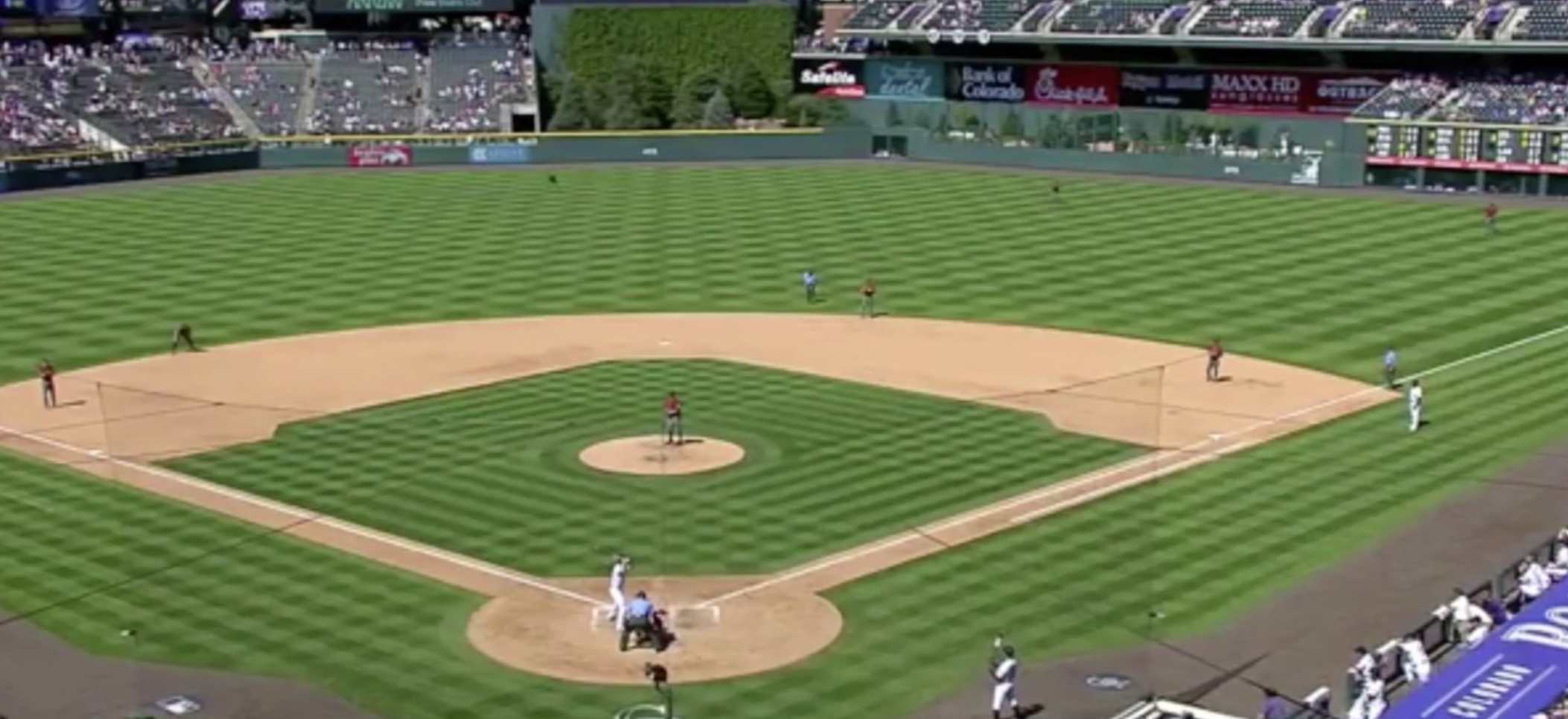The 2018 Marlins have had precious little about which to cheer so far, and the forecast calls for more of the same. The performance of 25-year-old lefty Jarlin Garcia has been an exception, however. In the first two starts of his big-league career, Jarlin the Marlin* threw a hidden no-hitter — no hits allowed over a span of 27 outs, stretched across multiple games — via six hitless innings against the Mets on April 11 followed by 4.1 hitless innings against the Yankees on Tuesday night. Garcia was hardly perfect, scattering eight walks across those two starts, but joining Bartolo Colon and Shohei Ohtani in an exclusive club — the other pitchers to throw hidden no-hitters so far in 2018 — is close to perfection itself.
*His name is actually pronounced HAR-leen, which puts him behind teammate Starlin Castro in that pecking order.
Prior to his seven no-hit innings against the Astros on Sunday, Colon had gone the last 2.2 innings of his three-inning relief stint on April 10 without allowing a hit. Ohtani’s last 4.2 innings of his April 1 outing against the A’s were hitless, as were his first 6.1 in the rematch a week later. He and Garcia thus share the season high of 33 outs without a hit recorded.
Like any reputable speakeasy, you won’t find the Hidden No-Hitter Club on Google Maps, but the club itself isn’t that exclusive (a point which I’ll address momentarily). But first, consider Garcia. Unlike Colon and Ohtani, with whom you can’t help but be familiar if you’re reading this, he’s hardly a household name. The 6-foot-3, 215-pound Dominican-born southpaw isn’t a rookie, having spent all but the first couple weeks of last season in the Marlins’ bullpen, from which he made 68 appearances to the tune of a 4.73 ERA and 4.23 FIP. He jumped to the majors from Double-A Jacksonville, where over the course of 2016 and early -17 he totaled all of 80.1 innings, mostly as a starter; he missed 10 weeks in mid-2016 due to a triceps strain, and entered last season with mixed reviews as to whether he was even one of the top 10 prospects in one of the game’s worst farm systems.
As a reliever, Garcia held his own through the end of August (2.91 ERA, 3.74 FIP), then allowed nine runs while retiring just three hitters in his first two September appearances. In all, he struck out a modest 18.7% of hitters while relying upon a combination of a four-seam fastball that averaged 94.7 mph, a slider that produced a 14.5% whiff rate and a .194 AVG/.242 SLG when put in play, and a changeup that produced a 21.7% whiff rate and .129 AVG/.258 SLG when put in play (data via Brooks Baseball).
With nothing to lose but another 100 or so games, the Marlins decided to return Garcia to the rotation for 2018, and while the results have been superficially encouraging, neither his .096 BABIP nor his 2.6-point K-BB% mark (16.9% K, 14.3% BB) are sustainable. But until he’s just another guy getting knocked around in a Marlins’ uniform, his performance is at least worth celebrating. In terms of predecessors, I’ve struggled to find a parallel for his hitless first start, which ended after 77 pitches because manager Don Mattingly and pitching coach Juan Nieves saw signs he was laboring.
Read the rest of this entry »


